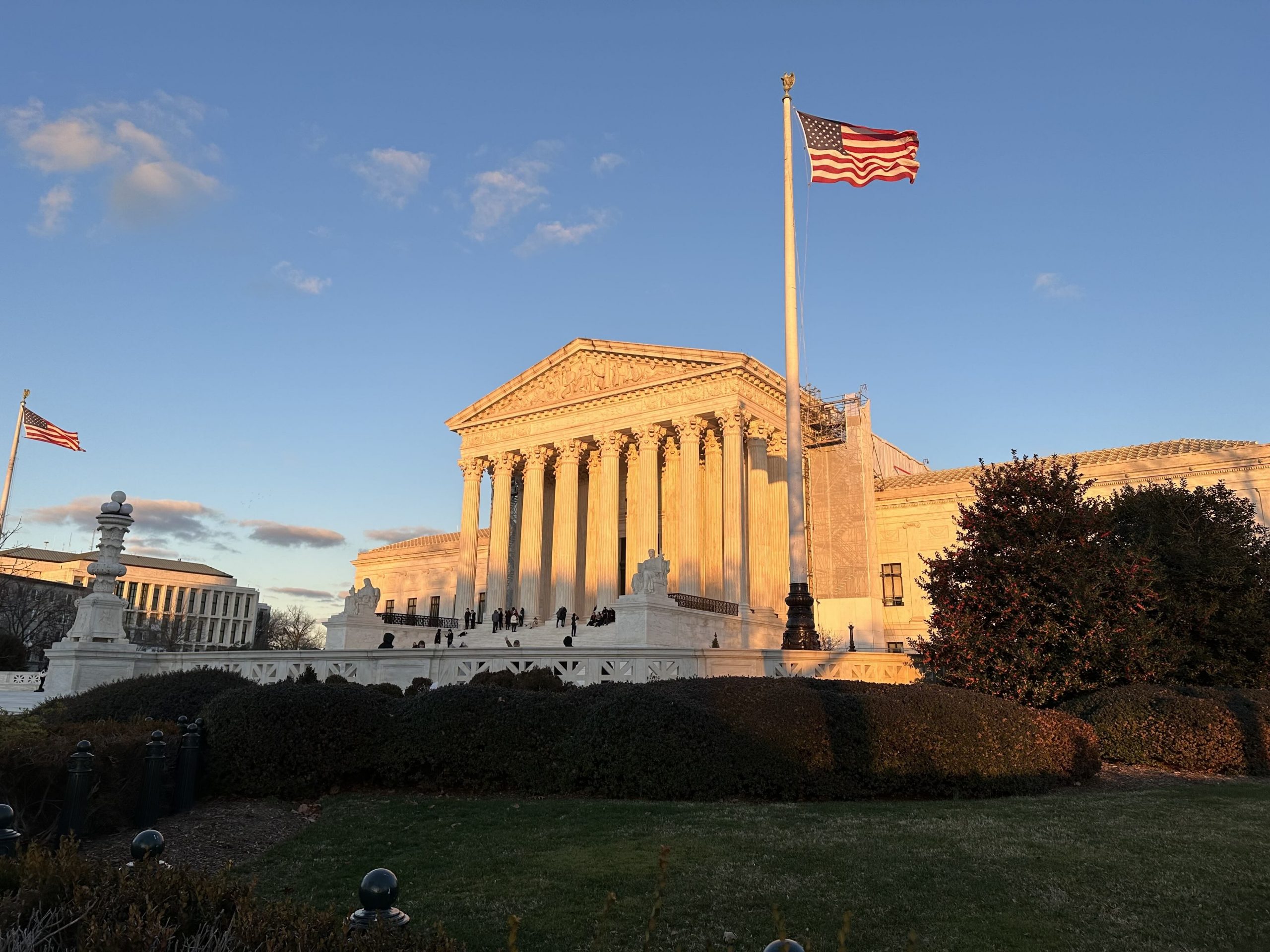Petitions of the week
on Jun 11, 2024
at 6:20 pm
The Petitions of the Week column highlights some of the cert petitions recently filed in the Supreme Court. A list of all petitions we’re watching is available here.
The Fourth Amendment bars police from using excessive force to restrain someone. When police forcibly restrain students at school, however, some courts of appeals ask not whether officers overstepped that amendment’s ban on “unreasonable searches and seizures,” but instead whether they violated the students’ due process rights under the 14th Amendment — a higher standard. This week, we highlight petitions that ask the court to consider, among other things, whether the Fourth or 14th Amendment governs the use of force against students.
Jevon Washington is a young adult in Katy, Texas, living with serious intellectual disabilities. Eight years ago, when Washington was in high school, he got into a fight with another student who bullied him about his disability. Tormenting from other students was a common occurrence for Washington, then 17, and because he struggled to control his emotions, the school had designated a “chill out” room where he could go to calm down. That day, though, Washington found the chill-out room in use. He grew angry, reportedly pushing a desk, then headed for the exit to walk home.
Several officials met him at the door and tried to deescalate the situation. Protesting that they were “making it worse,” Washington tried to open the door, but a security guard forced it shut.
Elvin Paley, a school police officer, then intervened, putting Washington in a chokehold. A minute later, Paley fired a taser at Washington, who screamed and fell to the ground. While Washington lay face down without resisting, Paley tased him in the back for 20 seconds — a tactic known as “drive stunning” — causing Washington to vomit, urinate, and defecate on himself. Paramedics later found a taser prong embedded in his chest.
Washington’s mother went to court on his behalf, arguing that her son’s brutal tasing violated his civil rights under the Fourth and 14th Amendments. Paley was ultimately granted qualified immunity from the Fourth Amendment claim of excessive force. And a federal district court in Texas dismissed the 14th Amendment claim, relying on a decision by the U.S. Court of Appeals for the 5th Circuit, which covers Texas, holding that harm from excessive discipline at school does not infringe upon a student’s right to due process.
On appeal, the 5th Circuit affirmed that decision. The court of appeals agreed that school police can violate a student’s constitutional rights if they injure them in a malicious or arbitrary way. But if police instead harm a student while imposing “corporal punishment” to maintain order or discipline, the court explained, they may transgress state law, but they do not violate the student’s right to due process. The 5th Circuit therefore held that Paley’s decision to tase Washington was constitutional because he was responding to a disturbance at school.
In J. W. v. Paley, Washington asks the justices to grant review and reverse the 5th Circuit’s ruling. Just as the Fourth Amendment bars unreasonable police seizures of students off school grounds, he argues, so too should it — and not the 14th Amendment — apply to such claims arising at school. And in that case, Washington writes, Paley is not entitled to qualified immunity because he “was on notice that his use of force — tasing an unresisting disabled minor past the point of incapacitation, simply to keep him inside a building — was unreasonable.”
A list of this week’s featured petitions is below:
Feliciano v. Department of Transportation
23-861
Issue: Whether a federal civilian employee called or ordered to active duty under a provision of law during a national emergency is entitled to differential pay even if the duty is not directly connected to the national emergency.
J. W. v. Paley
23-931
Issue: Whether a claim that a school official has used excessive force against a student that meets the definition of a Fourth Amendment seizure should be evaluated under the Fourth Amendment’s objective-reasonableness standard or the 14th Amendment’s shocks-the-conscience standard.
Campbell v. Kares
23-942
Issues: (1) Whether Michigan’s statute allowing a prisoner to request DNA testing calls for a “judicial reexamination” of the defendant’s conviction under 28 U.S.C. § 2244(d)(2) to statutorily toll the habeas limitations period, or is more akin to a discovery request; and (2) whether Stephen Kares “properly file[d]” his DNA motion under state law, where he did not even attempt to satisfy the minimal pleading requirements set forth in Michigan’s post-conviction DNA testing statute.




